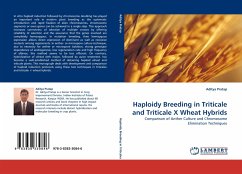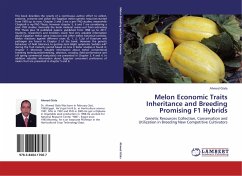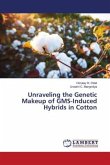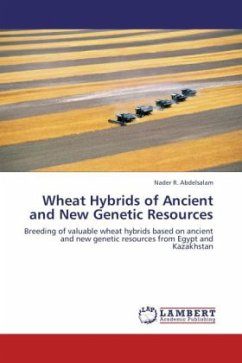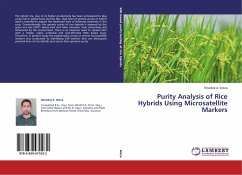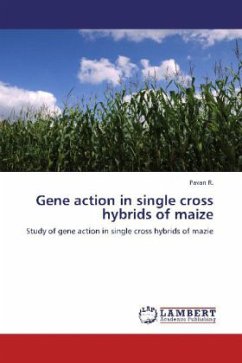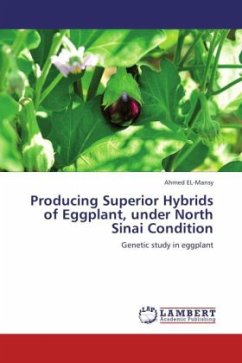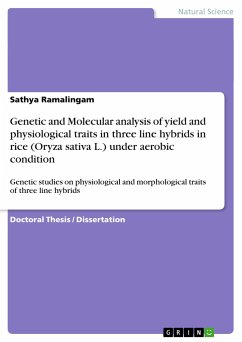In vitro haploid induction followed by chromosome doubling has played an important role in modern plant breeding as the systematic introduction and rapid fixation of alien chromosomes, chromosome segments or even genes can be achieved in a single step. This approach increases correctness of selection of multiple crosses by offering reliability of selection and the assurance that the genes involved are completely homozygous. In mutation breeding, their hemizygous expression allows direct expression of dominant as well as recessive mutants among regenerants. In anther- or microspore culture technique, due to necessity for anther or microspore isolation, strong genotype dependence of androgenesis, low regeneration rate and high frequency of albinos, this method seems to be less efficient. On contrary, hybridization of wheat with maize, followed by auxin treatment, has become a well-established method of obtaining haploid wheat and triticale plants. This monograph deals with development and comparison of haploid induction protocols using these two techniques in triticales and triticale × wheat hybrids.
Bitte wählen Sie Ihr Anliegen aus.
Rechnungen
Retourenschein anfordern
Bestellstatus
Storno

